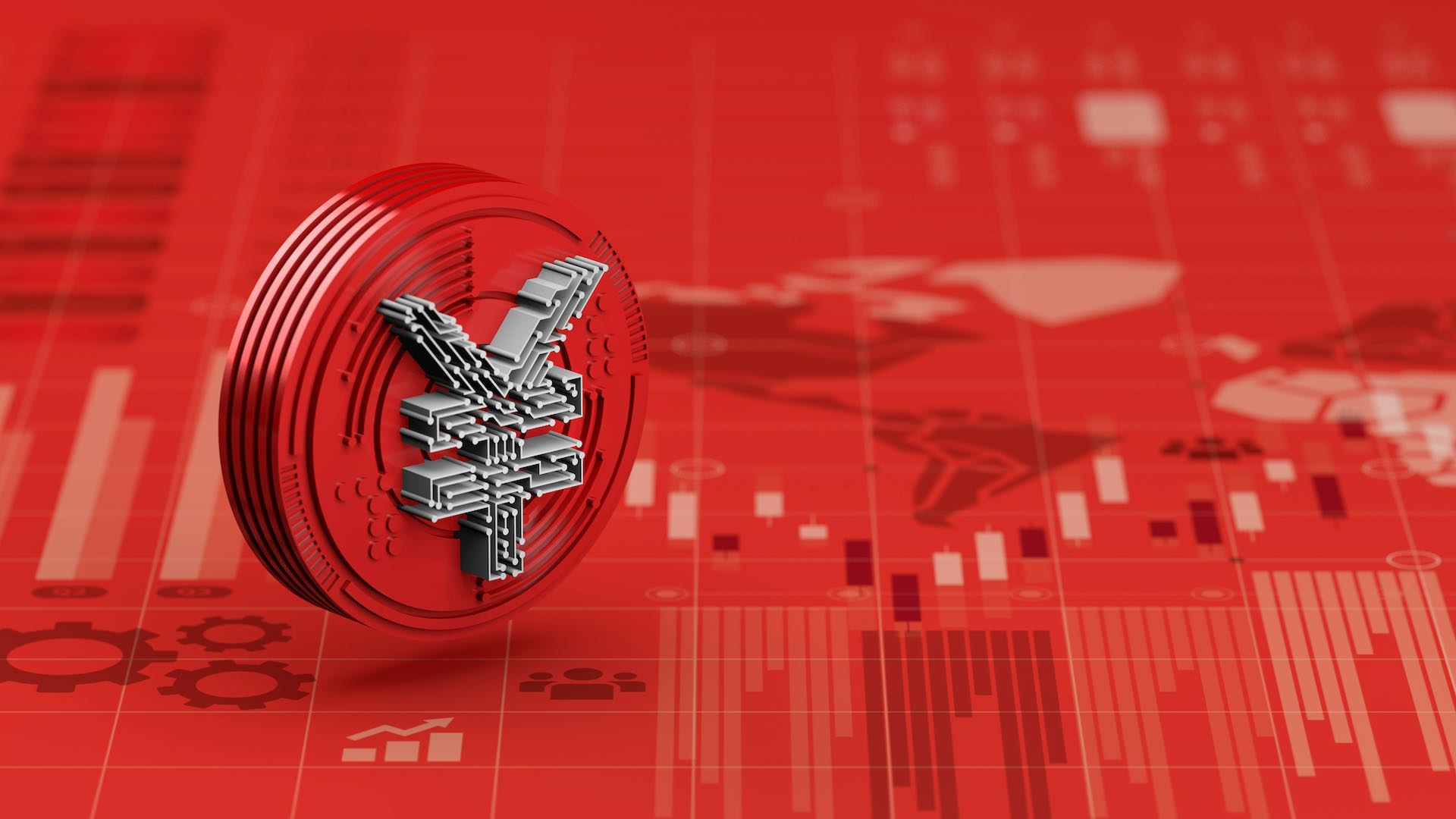Japan, a former economic powerhouse, has been displaced from its longstanding position as the world’s third-largest economy by Germany. This significant shift in global economic rankings comes as Japan unexpectedly slips into recession, marking a challenging period for the Asian giant. Once hailed as the second-largest economy globally, Japan’s recent economic woes have garnered attention as it reported two consecutive quarters of contraction.

The latest figures reveal a 0.4% annualized decline in the fourth quarter, following a revised 3.3% contraction in the third quarter. These results sharply contrasted with forecasts, with the fourth quarter GDP missing expectations for a 1.4% growth as projected in a Reuters poll of economists. A recession, broadly defined as two consecutive quarters of economic contraction, has become a harsh reality for Japan.
Quarter-on-quarter, GDP slipped by 0.1%, a deviation from the anticipated 0.3% rise according to the same Reuters poll. Amidst these economic challenges, Japan’s nominal GDP for the entirety of 2023 grew by 5.7% over the previous year, amounting to 591.48 trillion yen or $4.2 trillion based on the average exchange rate in 2023. In contrast, Germany experienced a 6.3% increase in nominal GDP, reaching 4.12 trillion euros or $4.46 trillion based on the previous year’s average exchange rate.
Nominal GDP, which measures the value of output in current dollars without adjusting for inflation, reflects the current economic landscape. However, Japan’s economic woes extend beyond its GDP figures, impacting various sectors and investor sentiment. In response to the latest GDP release, Japan’s benchmark Nikkei 225 index saw a 0.65% climb, briefly surpassing the 38,000 mark in the morning session. Investors interpreted the weak economic reading as a potential signal for the Bank of Japan to delay its exit from the country’s long-standing negative interest rate policy.
In spite of the market’s response, the yen remained steady, maintaining its position around the 150 mark in relation to the dollar, with a trading value of 150.2 as of 1:55 p.m. Tokyo time. This persistent stability underscores the challenges confronting the Bank of Japan as it considers tightening its monetary policy amidst a gloomy growth forecast. Such circumstances further complicate efforts aimed at reigniting economic recovery. The ramifications of the GDP contraction extend beyond monetary policy, casting shadows over inflation dynamics.
Uncertainties loom regarding the intricate interplay between real income, consumer spending behaviors, and inflationary pressures. These uncertainties add layers of complexity to Japan’s economic landscape, particularly as it grapples with the weight of recessionary pressures. Amidst this economic turbulence, policymakers find themselves confronted with a formidable task. Navigating the path to economic revitalization and stability demands astute strategies and decisive actions.

